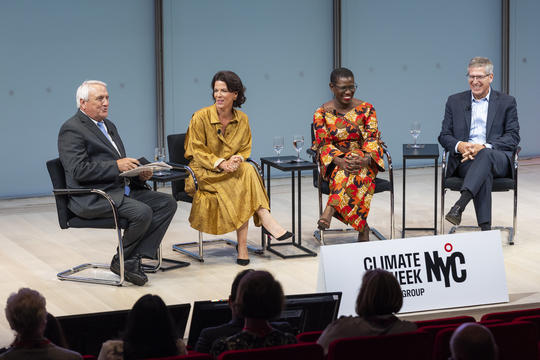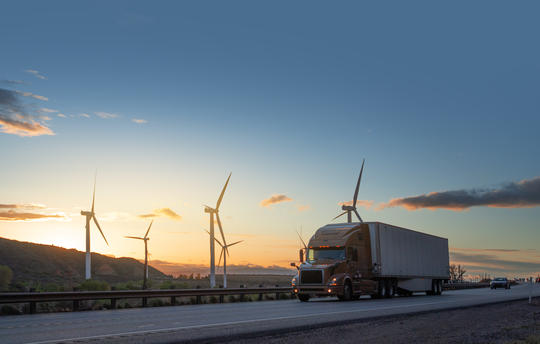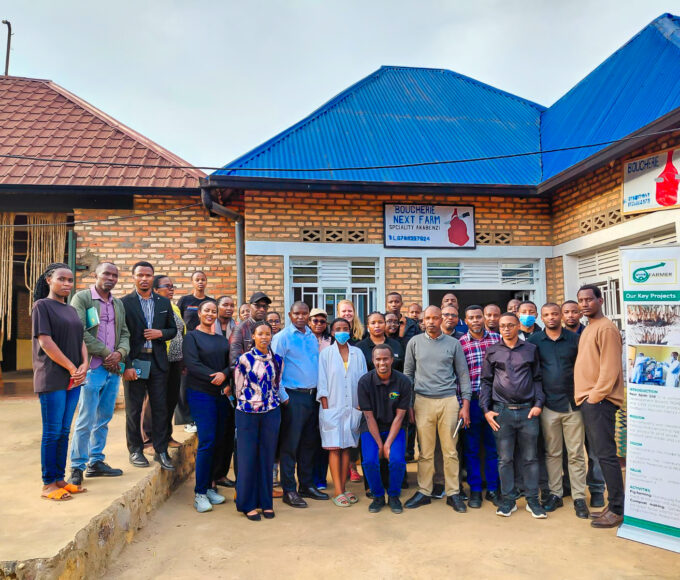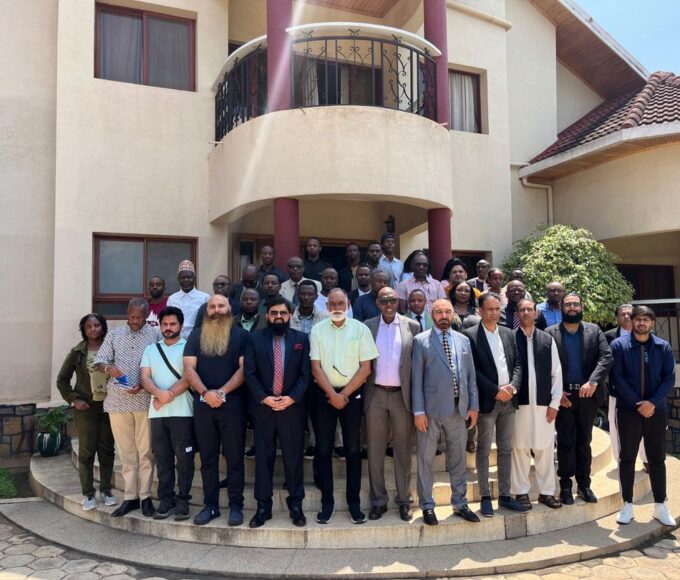“Climate Week NYC”, a long lasting solution to Climate Change?

Since 2009, a largest event ever in the history of climate known as Climate Week NYC organized by Climate Group, an American based Climate Group founded in 2007, was founded. This Environmental Charity Event has started with the main aim of promoting climate action by appealing to world policy makers, Business tycoons, Civil Society Representatives, politicians and all other interested people in making the world a better place to live.
Referred as “Burning Man for Climate Geeks” by the New York Times in 2023, “the Climate Week NYC has ballooned into a weeklong happening of dinners, events and spectacles” from small panel discussions in 2009.
Every year, ‘Climate Week NYC Opening Ceremony is attended by over 650 leaders from Business, Government, and the climate sector. The lived streamed event is free and open to all. The Hub Live unites over 2000 heads of Government, Business leaders and senior decision takers, with thousands more joining online’.
Since it started, different events featured Climate Week NYC where they expect nearly 600 events every year, mostly based in New York.
Many influencers and other big names have attended Climate Week NYC over the years. Among others are Bill Gates, Prince Charles, Richard Branson, Jane Fonda, the New Zealand Prime Minister Jacinda Arden, president of Haiti, Peru and the Marshall Island; John Kelly, US Secretary of State, Tim Cook, CEO of Apple and Christian Figueres, Executive Secretary of UNFCCC and many more.
Around ten different themes to be discussed on are prepared and introduced in every year’s preparation.
Among others are;
Energy which is the largest polluting sector globally with buildings that represent nearly 40% of Greenhouse gas emissions and a third of global energy demand. Energy topics include but not limited to renewable energy, just and equitable transition, clean energy policies, decarbonization, green economic agendas, and zero-emission pledges net zero buildings, heating and cooling, energy efficiency.

Environmental Justice program that is a dedicated space to amplify the voices and stories of those who bear the brunt of climate impacts, but have been left out of the decision making. It means learning from and letting the most vulnerable communities lead, and centering environmental justice in all climate conversations. Some of the Environmental Justice’s topics are indigenous learning and first nations’ best practices, climate impacts, climate refugees, …
Finance program that focuses on financial opportunities to identify and mitigate climate risks as part of green recovery. It provides a lens to explore initiatives and roadmaps for the public and private financial sector to tackle climate change and discuss sustainable development. Some topics on this theme are; Climate finance, investment, employment opportunities, and green economic recovery;
The global food system currently contributes to 21-37% of total GHG (Greenhouse Gases) emissions, and even then, agriculture’s contribution to climate change is underestimated. Land-based ecosystems and regenerative strategies are critical to the climate conversation.
The Food program examines how we can cut greenhouse gas emissions from food production and agriculture, and focus on sustainable eating, land restoration, and more.

Topics on this theme include but not limited to agriculture, agroforestry and forests, food’s journey, food waste, regenerative farming, indigenous land management, carbon sequestration, climate-friendly diets, land restoration, conservation, and healthy soils.
The health theme not only explores how climate change is exacerbating air pollution, heat stress, and the spread of infectious diseases, but also touches on the impact a warming planet may have on an already strained healthcare system. This new theme will also explore other ways that climate and health can be used to frame both the challenges and also the solutions, including reaching new audiences through cultural activations, as well as inequality of health outcomes among different groups.
Topics include, but are not limited to heat-related illnesses, injuries from extreme weather events, displacement from natural disasters, air pollution, eco-anxiety and PTSD, surge in healthcare demand, public health preparedness and change in disease patterns.
Heavy Industry
Cement and steelmaking are currently some of the biggest emitters of carbon emissions globally, with plastics and aluminum following behind. The Industry program offers the opportunity to discuss how these industries can reduce industrial energy consumption and improve efficiency. A more circular economy can reduce CO2 emissions from these major industry sectors such as plastics, steel, aluminum, and cement by 40% globally.
Topics include, but are not limited to, industrial circular economy, heavy industry such as cement, aluminum and plastic, net zero steel, and manufacturing.
Nature
From oceans to forests, nature plays an essential role in the wellbeing and livelihoods of all species. The Nature program addresses the importance of preserving and restoring the Earth’s ecosystems and biodiversity. It aims to build a deeper connection between humans and nature and examine our role in building a better natural world for the future.
Topics include, but are not limited to, ecosystems, oceans, ecological conservation, weather patterns, Indigenous best practices, species conservation (plants and animals), and soil quality.
Policy
Policy is imperative in accelerating and supporting climate action. Policy levers form the framework to influence businesses, states, and individuals to act on climate and accelerate the transition to net zero. From EV tax credits to national manufacturing laws, the Policy program considers policy at all levels – local, state, international.
Topics include, but are not limited to, national, regional, state, and local policy.
Sustainable Living
Collective individual action and lifestyle shifts can be a dynamic part of climate action. From choosing eco-friendly hotels and fashion to dining in low waste restaurants, we can all be a part of the solution. The Sustainable Living program brings together a diverse array of events to inspire everyone to be an ally to our planet and shares tips on how our day to day can be transformative to ourselves and the environment.
Topics include, but are not limited to, sustainable and zero/low-waste living, sustainable eating, food waste, circular economy, and youth mobilization.
Transport
The transport sector is the fastest-growing contributor to climate change, accounting for a quarter (23%) of global emissions. Electrifying transportation systems can combat climate change and improve air quality. The Transport program examines the benefits in making our transport systems clean and efficient. From developing electric public transport systems to building electric vehicle charging infrastructure, this program showcases how we can scale innovation to build a cleaner, net zero future.

Topics include, but are not limited to, electric vehicles (EVs), zero emission vehicles (ZEVs), public transport, EV policy, air pollution and air quality impacts, and health.
Source: Climate Week NYC; Wikipedia
Related Articles
Strengthening Rwanda’s SMEs for Circular Food Systems: Embedding Circularity Beyond Project Implementation for Long-Term Transformation
As Rwanda advances its circular economy ambitions, small and medium-sized enterprises (SMEs)...
Powering Food, Restoring Land: How Renewable Energy and Regenerative Agriculture Are Transforming Rwanda’s Farms
Across Rwanda’s rolling hills, a quiet revolution is underway. It begins in...
Late February Weather Alert: Heavy and Above-Average Rainfall Forecast Across Rwanda
The Ministry in charge of Disaster Management (MINEMA) has issued a weather...
GBOX Launches AI Literacy Initiative to Support Rwanda’s Digital and Sustainable Development
A new Artificial Intelligence (AI) literacy program has been introduced last week...













Leave a comment